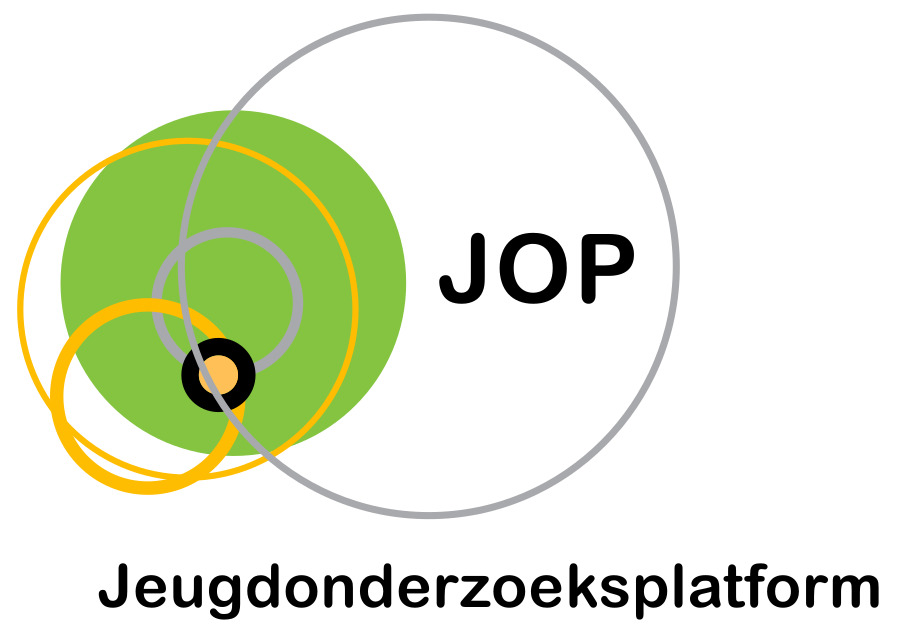Predicting adolescent gender role attitudes: Socio-demographic characteristics, family context, and school peer gender culture.
Auteurs
Halimi, M., Consuegra, E., Struyven, K., & Engels, N. (2020).

Abstract
Onderzoek naar de constructive van genderrolatttiudes (GRA) van individuen heeft zich voornamelijk gericht op de effecten van social-demografische kenmerken en primaire socialisatie. Ondanks dat de schoolomgeving erkend wordt als een belangrijke context voor de socialisatie van de GRA van adolescenten, blijft kwantitatief onderzoek gericht op de dynamiek van genderattitudes tijdens de adolescentie opvallend weinig bestudeerd. Deze studie onderzoekt de wisselwerking tussen individuele kenmerken, de gezinscontext en de gendercultuur van schoolgenoten op de GRA van adolescenten in Vlaanderen (België). Een longitudinale enquête werd agenomen (Nleerlingen= 4063; Nscholen= 57) en multilevel regressieanalyse bevestigt dat zowel leerlingen met een lagere sociaaleconomische achtergrond als jongens traditionelere GRA vertonen. Het belang van religie wordt ook aangetoond, in plaats de religieuze overtuiging, in de ontwikkeling van traditionele GRA. Bovendien blijft primaire socialisatie via ouderlijke GRA een belangrijke voorspeller, hoewel GRAsocialisatie ook binnen scholen plaatsvindt via de heersende gendercultuur op school. Research into the construction of individuals’ gender role attitudes (GRA) has primarily focused on the effects of socio-demographic characteristics and primary socialisation. Despite the school environment being recognised as a critical context of socialisation for adolescents’ GRA, quantitative research focusing on the dynamics of gender attitudes during adolescence remains conspicuously understudied. This study investigates the interplay between individual characteristics, the family context, and school peer gender culture on adolescents’ GRA in Flanders (Belgium). A longitudinal survey was administered (Npupil = 4063; Nschool = 57) and multilevel regression analysis confirms that pupils from lower socioeconomic backgrounds as well as boys express traditional GRA. It also indicates the importance of religion, rather than religious affiliation, in the construction of traditional GRA. Furthermore, primary socialisation via parental GRA remains an important predictor, although GRA socialisation also takes place within schools through the prevailing school peer gender culture.
Referentie
Halimi, M., Consuegra, E., Struyven, K., & Engels, N. (2020). Predicting adolescent gender role attitudes: Socio-demographic characteristics, family context, and school peer gender culture. Tijdschrift Voor Genderstudies, 23(1), 51–72.
Taal
Engels
Publicatievorm
Tijdschriftartikel
ISBN – DOI
10.5117/TVGN2020.1.004.HALI
Trefwoord(en)
Adolescenten attitudes, genderrolattitudes, multilevel regressieanalyse, voorspellers
